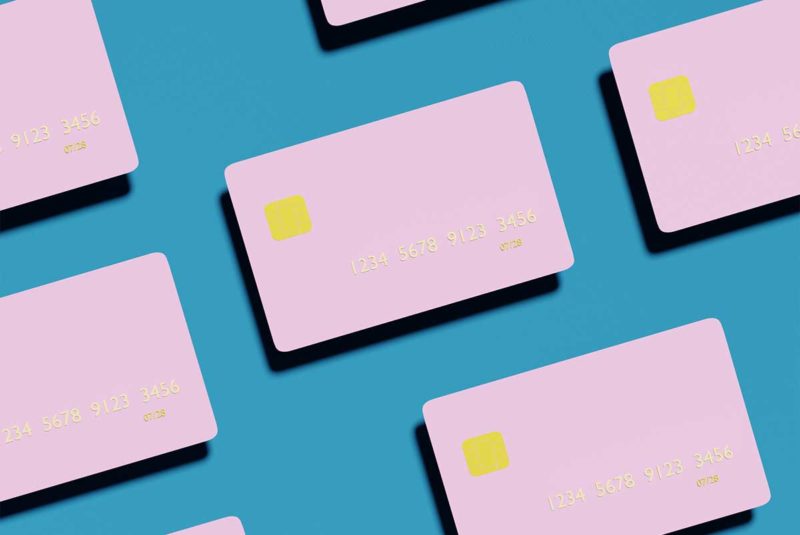Credit Card Insider has merged with MoneyTips!
Together, we’re a one-stop shop for credit card advice and personal finance know-how.
Learn MoreWhat’s trending
What’s trending
Choose what you need help with…
Get the Latest on Credit Cards
Are My Credit Card Rewards Taxable?
U.S. Bank Credit Cards: Overview & Comparison
Credit Card Points: What Are They & How Do They Work?
Capital One Spark 1.5X Miles Select for Business
Blue Business® Plus Card From American Express
2023’s Best Credit Cards for Dining Out at Restaurants
What Are Some Advantages and Disadvantages to Paying With Checks?
When Is the Best Time to Buy Furniture?
What Is Regulation Z and How Does It Protect You?
Can You Pay Rent With Credit Cards? Is It Smart?
A Guide to Credit Card Benefits
Co-Signing for a Credit Card
So, What’s our deal?
MoneyTips wants to help you make ‘cents’ of your finances
MoneyTips provides personal finance advice you can trust from experts who know their stuff. 🤓 We translate financial lingo into easy-to-understand topics, so you can answer your burning financial questions. We’re here to help you live YOUR best financial life.
From the first steps of creating your credit footprint, to navigating the mortgage process, MoneyTips provides accurate and helpful information you need to confidently take the next step in your financial journey, no matter where you are in the process.



















